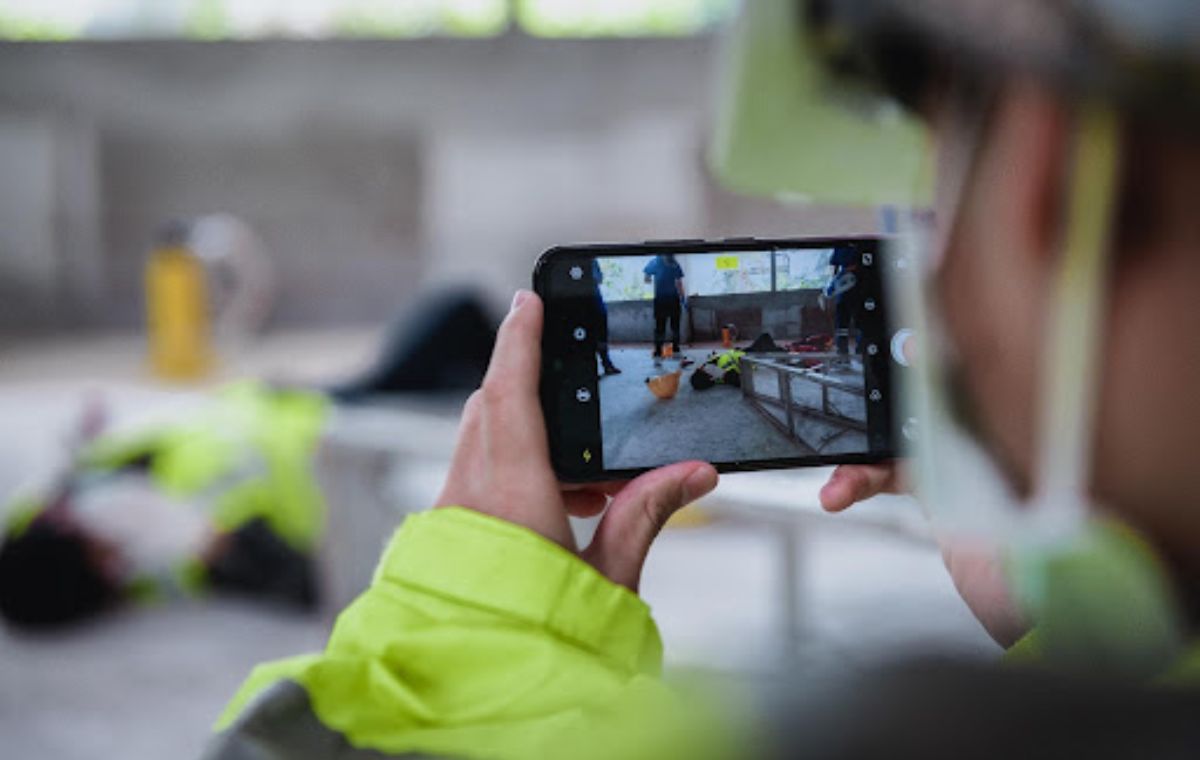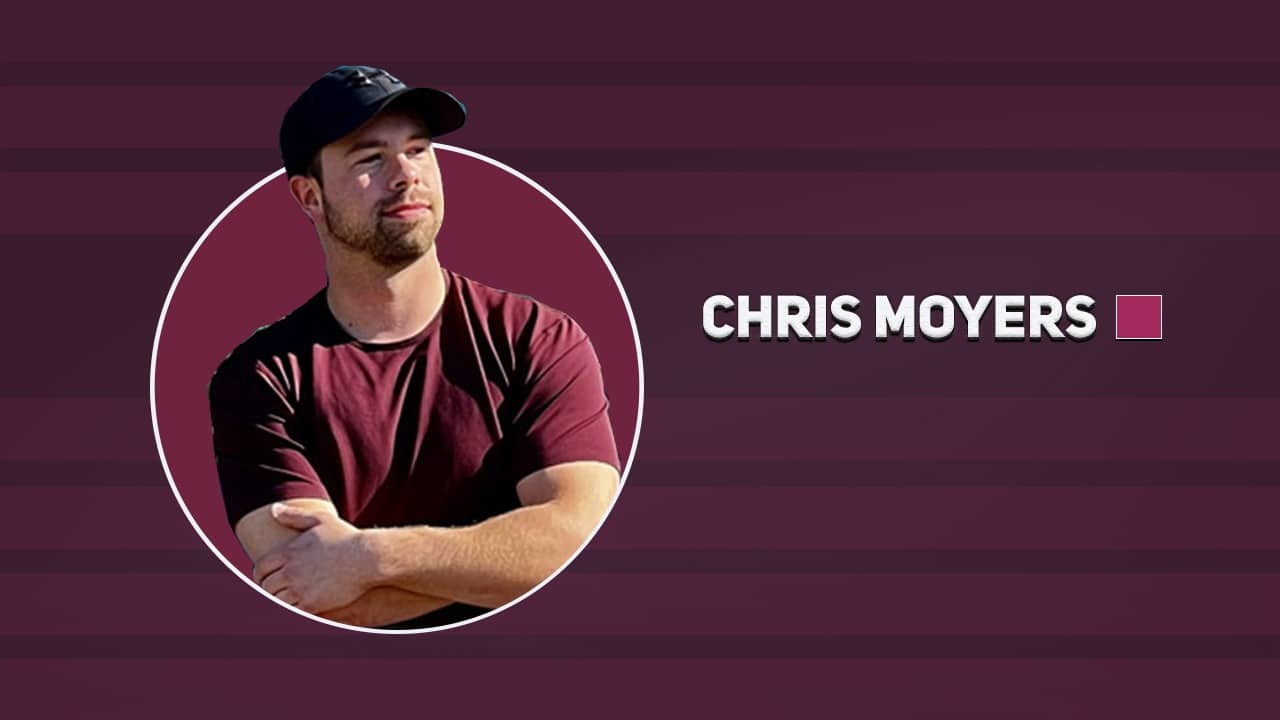Your life changes in just a few seconds after getting injured in an accident. Depending on the type of accident you figured in, it can take weeks to months to recover from the trauma of the event, as well as your physical and financial state. And, it’s your right to seek compensation for your injuries and losses through a personal injury claim.
But, to ensure that you get the maximum compensation you deserve for your claim, you need to build a strong case. That said, here are a few tips and strategies on how to make your claim look stronger:
1. Seek Professional Treatment Immediately
It’s imperative to seek medical treatment right away after the accident. The more time placed between getting medical treatment for your injury and the accident that’s caused it, the more difficult it is to link that injury to the said accident.
So, the sooner you get medical attention, the better it is to strengthen your personal injury case, as well as ensure a faster recovery.
Also, make sure to seek medical attention even if you feel okay after an accident. Some symptoms don’t appear after a few days or weeks and can be dangerous when left alone. For instance, if you’ve been in a car accident, symptoms like whiplash may only appear a few days after the accident and may cause worsening pain and ultimately result in loss of range of motion in your neck.
2. Hire A Lawyer
After receiving medical attention, the next thing you need to do is to talk to a personal injury lawyer. The legal system can be intimidating and complex to regular citizens without any legal knowledge or experience.
Filing a personal injury claim can be a complicated process and should never be attempted without legal representation. A personal injury lawyer can help you navigate the legal system, help you build stronger arguments, and act as an experienced advocate who’ll represent your best interests during settlements or when fighting in court.
Therefore, if you’re looking for a legal professional, start your search by asking for personal recommendations from the people you trust or doing your research online. Once you have a list of prospective lawyers, schedule consultations with them to allow you to meet with different lawyers and get a feel for their personality, experience, and approach to your case.
When meeting a lawyer, ask about their experience, fees, and success rate. Additionally, you should also ask about their specialization. It’s essential to know that there are different personal injury cases. If you want to ensure a more favorable outcome, it’s best to work with a legal professional specializing in cases similar to yours. For example, if you’ve been hurt in a slip and fall accident, working with a slip and fall lawyer can provide you with an advantage. They have an in-depth understanding of the laws governing slip and fall accidents and the legal processes involved. As such, they can develop strategies to increase your chances of winning.
3. Gather The Necessary Evidence
One of the most important things you need to build a strong personal injury claim is evidence. Your lawyer will need several concrete pieces of evidence to prove the liability of the other party. Thus, you want to gather and preserve as much evidence as possible.
Some of the pieces of evidence you’ll need to build a strong personal injury claim are:
-
Accident Report
In accidents like a car crash, the responding police officers will create an accident report documenting the details of the accident. The information will include who was involved, where it occurred, the probable cause, any resulting injuries from both parties, and other details important for building your case.
You can also get this type of report in slip and fall accidents from a public facility or business property. It’s essential to get a copy of the accident report to create a link between the accident and your injuries.
-
Medical Records
One of the most important reasons why you should get medical treatment right after the incident is to have a medical record of your injuries. This is, perhaps, the most important piece of evidence for building a strong case. Your medical record should provide details about your injuries, their severity and extent, and any treatment you’ve undergone and will need in the future.
-
Witness Statements
If possible, you want to collect contact information from witnesses who saw the accident. Your lawyer may need to follow up with these people to get a statement about the details of the accident.
-
Photographic Evidence
Pictures offer a visual representation of critical elements of your claim. In general, you want to take photos of the accident scene and all injuries, and how they progress.
-
Pain Journal
You may want to keep a daily journal that documents your pain and injuries as you recover. This is a piece of critical evidence that shows how your injuries impact your daily life. Make sure to jot down everything you’re experiencing related to injuries. But, remember not to exaggerate.
-
Communication Records
If the insurance company or other party wants to speak to you, make sure to keep detailed records about your conversations, including who you spoke to, when they occurred, and what you’ve discussed.
4. Be Careful About What You Post On Your Social Media Account
You’ve probably heard of the phrase ‘anything you say can be used against you.’ While it’s often recited by police officers when apprehending offenders, this phrase actually applies to every legal case, including personal injury cases.
For instance, if you state that you sustained injuries in an accident, but your social media account shows a picture of you partying, then your case can easily be ruined.
In addition to photos or videos of yourself engaging in activities that contradict your claim of injury, you should also avoid posting the following on social media:
- Comments about your injury or the accident that caused it
- Posts about your medical treatment or progress
- Posts about your financial situation
- Posts about your legal case
If you’re unsure whether something is safe to post on social media, it’s always best to err on the side of caution.
That said, you should consider staying away from social media until your case is complete. You also want to be careful about what you say to other people, which can potentially contradict your statements.
Takeaway
The aftermath of a personal injury can be physically and mentally devastating. The trauma only worsens if the accident occurs from the negligent acts of another party. That said, you want to ensure that your sufferings are highly compensated as possible. So, make sure to follow the above steps to help you build a stronger argument for your case, allowing you to win the maximum compensation you possibly deserve.












































